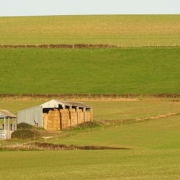Property briefs – Summer 2021
The country is now out of its second lockdown with Auckland and parts of the Waikato in Level 3 with the rest of the country sitting at Level 2. Given the current uncertainty with how we can get on top of the Delta strain outbreak, let’s have a look at where this leaves us and our property dealings across differing alert levels.










